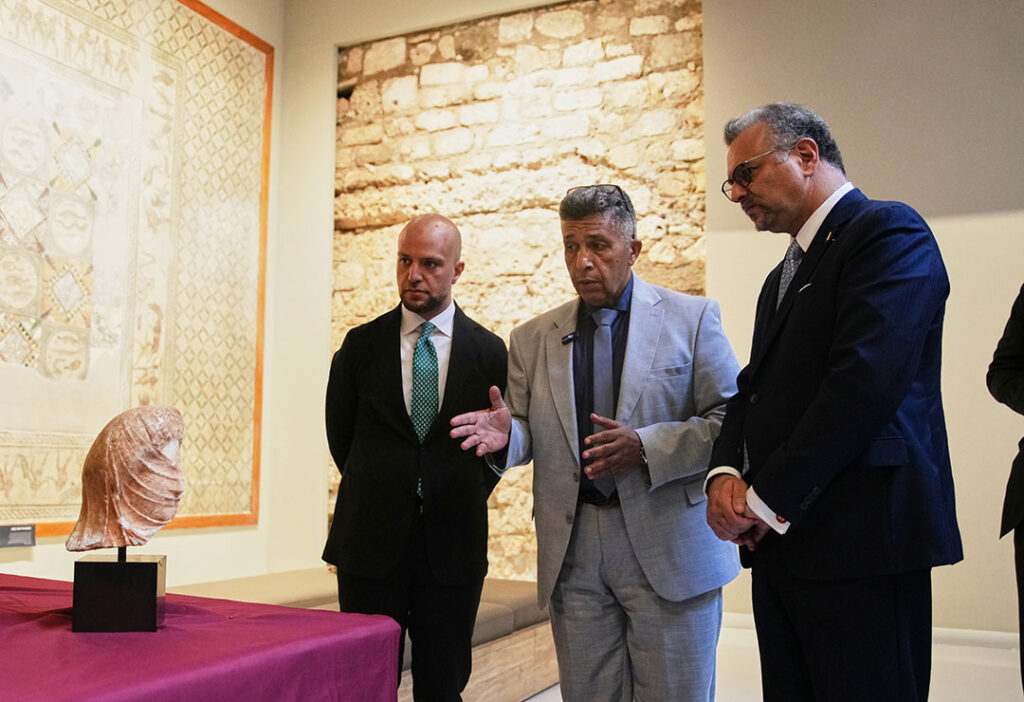Massad Boulos, the United States government’s senior advisor on Arab and African Affairs, has conducted his first official visit to Libya, where rival governments vie for power.
A Lebanon native, Boulos, also the U.S. State Department’s senior advisor for Africa, met with Government of National Unity (GNU) Prime Minister Abdul Hamid Dbeibah in Tripoli and the Libyan National Army’s (LNA) Field Marshal Khalifa Haftar in Benghazi.
Boulos emphasized the “importance of restoring calm, preventing violence and advancing political dialogue as we work together to enhance U.S.-Libyan cooperation that will benefit Americans and Libyans,” he wrote in a post on X. “We also look forward to advancing commercial deals between our countries.”
In Tripoli, Boulos oversaw the signing of a $235 million infrastructure agreement between Libya’s Mellitah Oil and Gas Co. and the U.S. company Hill International. He also met with Presidential Council President Mohamed Yunus al-Menfi to discuss the political process and efforts to ensure peace and stability.
“We reaffirmed U.S. support for Libyan unity, as well as a political path forward based on consensus and dialogue among Libyans,” Boulos said of his meeting with Menfi in a post on X. “Strengthening stability is essential to expanding U.S.-Libya cooperation and mutual prosperity.”
In Benghazi, Boulos, who helped facilitate an agreement between the Democratic Republic of the Congo government and the M23 terror group, spoke to Haftar about integrating Libya’s divided military and economic sectors under a single state, said Yassin K. Fawaz, a security and terrorism expert. The sticking point is that both the GNU and LNA want a unified Libya under their control.
Boulos is credited with brokering the June 2025 Washington Accord between the DRC and Rwanda to bring an M23 rebel ceasefire.
“If he [Boulos] can replicate even a fraction of that success in Libya, there is cautious hope that rival leaders like Haftar and Dbeibah might one day be brought together under one roof — perhaps even in Washington — to negotiate a path forward,” Fawaz wrote.
Libyan diplomat Rawad M. Shalabi characterized Boulos’s meetings with a broad spectrum of Libyan actors and stakeholders as an important diplomatic step.
“It reflects a genuine effort to listen to the diversity of opinions and approaches, moving beyond oversimplified narratives that too often reduce the complexity of the Libyan crisis,” Shalabi wrote on X.

